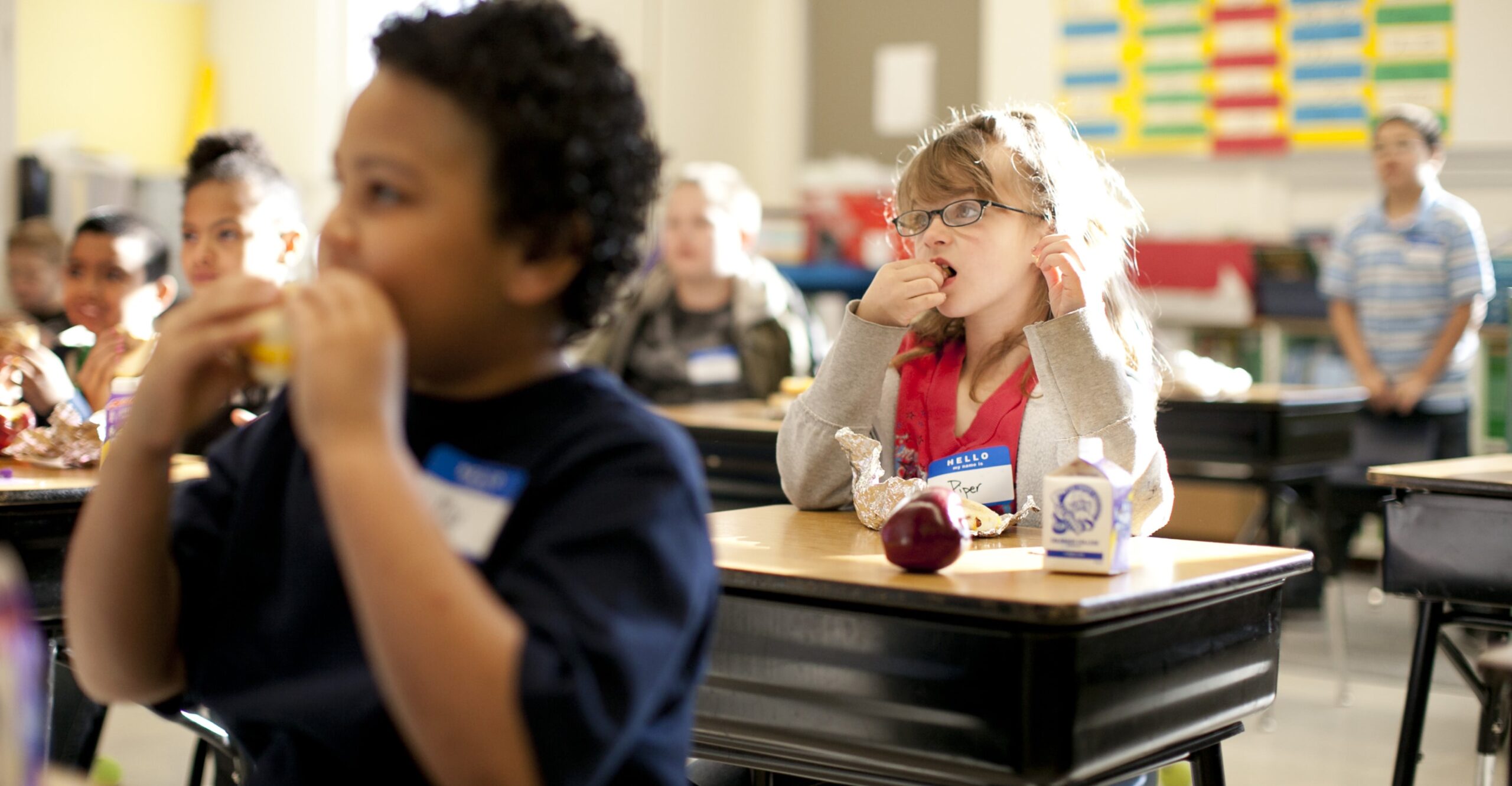
Food is the Most Important School Supply
Hunger is a reality, but it is also a solvable problem. While millions of kids face hunger everyday, we ca...
About This Episode
Hunger is a reality, but it is also a solvable problem. While millions of kids face hunger everyday, we can make sure every kid gets the food they need to grow up healthy, happy, and strong. The second episode in Add Passion and Stir’s series on why food is the most important school supply connects with changemakers from federal, state, and local government and community organizations that are working to solve childhood hunger in America. Their solution: making sure kids get feed while they are at school. The episode features:- Dawn Amano-Ige, First Lady of Hawaii
- Dr. Sara Bleich, Director of Nutrition Security and Health Equity, USDA
- Dr. Miguel A. Cardona, Secretary of Education
- John Giles, Mayor, Mesa, Arizona
- Jennie Gordon, First Lady of Wyoming
- Levar Stoney, Mayor, Richmond, Virginia
- Tom Vilsack, Secretary of Agriculture
Resources and Mentions:

Food is the Most Important School Supply
https://www.nokidhungry.org/blog/food-most-important-school-supplyMillions of children across the U.S. are living with hunger. The educators we work with, like Staci Okuno, seventh grade science teacher at Rialto Middle School in California, know firsthand how hunger affects kids. “You can hear stomachs growling in the classroom,” said Okuno. “Sometimes they’re just so tired because they haven’t had anything to eat that they’ll just put their heads down and go to sleep.” No child should go hungry in America. That’s why No Kid Hungry — with the support of our donors — is ensuring kids get three meals a day to grow up healthy, happy and strong. A major way we do this is by supporting and investing in school meals programs, which play an essential role in feeding kids. Federal child nutrition programs, which allow students to receive breakfast, lunch or after school meals for free or pay a reduced price based on their family’s income, reach millions of children across the country. No Kid Hungry funds schools directly through grants that help them get the critical resources they need, including basic supplies and new equipment such as trucks, refrigerators, cooler bags and carts for delivering meals, as well as tools to implement innovative delivery models. We also conduct research and provide guidance and advocate for laws that make school meals available to more children. In addition to lifting some of the financial burden from families, school meals give children access to healthy food that powers their day, sets them up for success in the classroom and ultimately helps them thrive.


